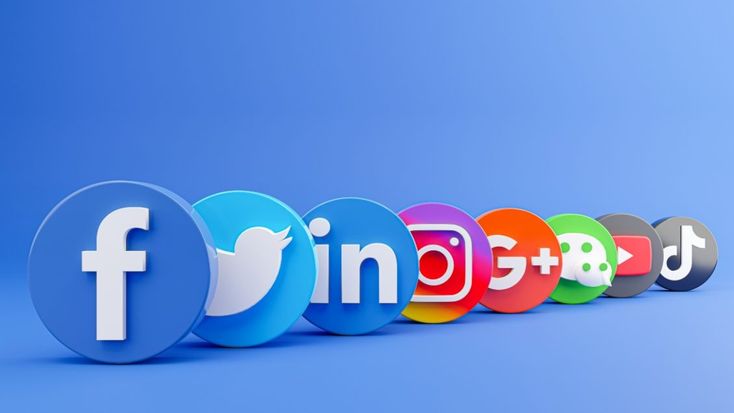The Rise of Social Media Influencers
Social media has catapulted individuals from obscurity to stardom, creating a new echelon of celebrities: influencers. These digital personalities have harnessed the power of platforms like Instagram, TikTok, and YouTube to build massive followings and exert significant influence over consumer behavior.
Beyond Endorsements: While product endorsements remain a cornerstone of influencer marketing, the role has evolved. Influencers are increasingly becoming content creators, curating lifestyles and narratives that resonate with their audience. This authenticity fosters a deep connection, making them trusted voices in various domains.
Micro-Influencers and Niche Audiences: The rise of micro-influencers, with smaller but highly engaged followings, has challenged the dominance of mega-influencers. These individuals often cater to specific niches, offering brands a more targeted approach to reach their desired demographic.
Challenges and Controversies: The influencer economy is not without its challenges. Issues such as authenticity, ethics, and measurement have come under scrutiny. As the industry matures, regulations and standards are likely to emerge to address these concerns.
The Democratization of Entertainment
Social media has leveled the playing field, allowing anyone with a smartphone and an internet connection to create and distribute content. This democratization has led to a proliferation of diverse voices and perspectives in the entertainment landscape.
Short-Form Video Revolution: Platforms like TikTok and Instagram Reels have popularized short-form video content, giving rise to a new generation of creators. These platforms have low barriers to entry, making it easier for aspiring artists to gain exposure.
User-Generated Content (UGC): Audiences are no longer passive consumers; they are active participants in the creation of entertainment. UGC, such as fan-made videos, remixes, and fan fiction, has become a valuable asset for entertainment brands.
Direct-to-Consumer Models: By bypassing traditional distribution channels, artists and creators can build direct relationships with their fans, offering exclusive content and merchandise. This model empowers creators to retain a larger share of the revenue.
The Impact on Traditional Media
Social media has disrupted the traditional entertainment industry, forcing media companies to adapt to the changing landscape.
Audience Fragmentation: The proliferation of social media platforms has led to audience fragmentation, making it challenging for traditional media to reach a mass audience.
Real-Time Engagement: Social media demands immediate response and interaction. Traditional media outlets must be agile and responsive to stay relevant.
Content Adaptation: To compete with social media platforms, traditional media companies are creating shorter, more engaging content formats.
Social Media and Mental Health
The constant pressure to curate a perfect image on social media has raised concerns about mental health. The fear of missing out (FOMO), unrealistic body image standards, and cyberbullying are some of the challenges faced by users.
Digital Wellbeing: Social media platforms have introduced features to promote digital wellbeing, such as screen time limits and mindfulness tools.
Mental Health Awareness: Influencers and celebrities are increasingly using their platforms to raise awareness about mental health issues and encourage open conversations.
The Future of Social Media and Entertainment
The future of social media and entertainment is intertwined. Emerging technologies like augmented reality (AR), virtual reality (VR), and artificial intelligence (AI) will shape the landscape.
Interactive Experiences: Social media platforms are incorporating interactive features, such as live streaming, augmented reality filters, and virtual events, to enhance user engagement.
Personalized Content: AI-powered algorithms will deliver highly personalized content recommendations, tailoring the entertainment experience to individual preferences.
Creator Economy: The creator economy will continue to grow, with new opportunities for monetization and audience building.
Ethical Considerations: As social media’s influence expands, ethical considerations will become increasingly important. Issues such as data privacy, misinformation, and algorithmic bias will require careful attention.
In conclusion, social media has irrevocably transformed the entertainment industry. While challenges persist, the opportunities for creativity, innovation, and connection are immense. As the landscape continues to evolve, the ability to adapt and embrace change will be crucial for both creators and consumers.

